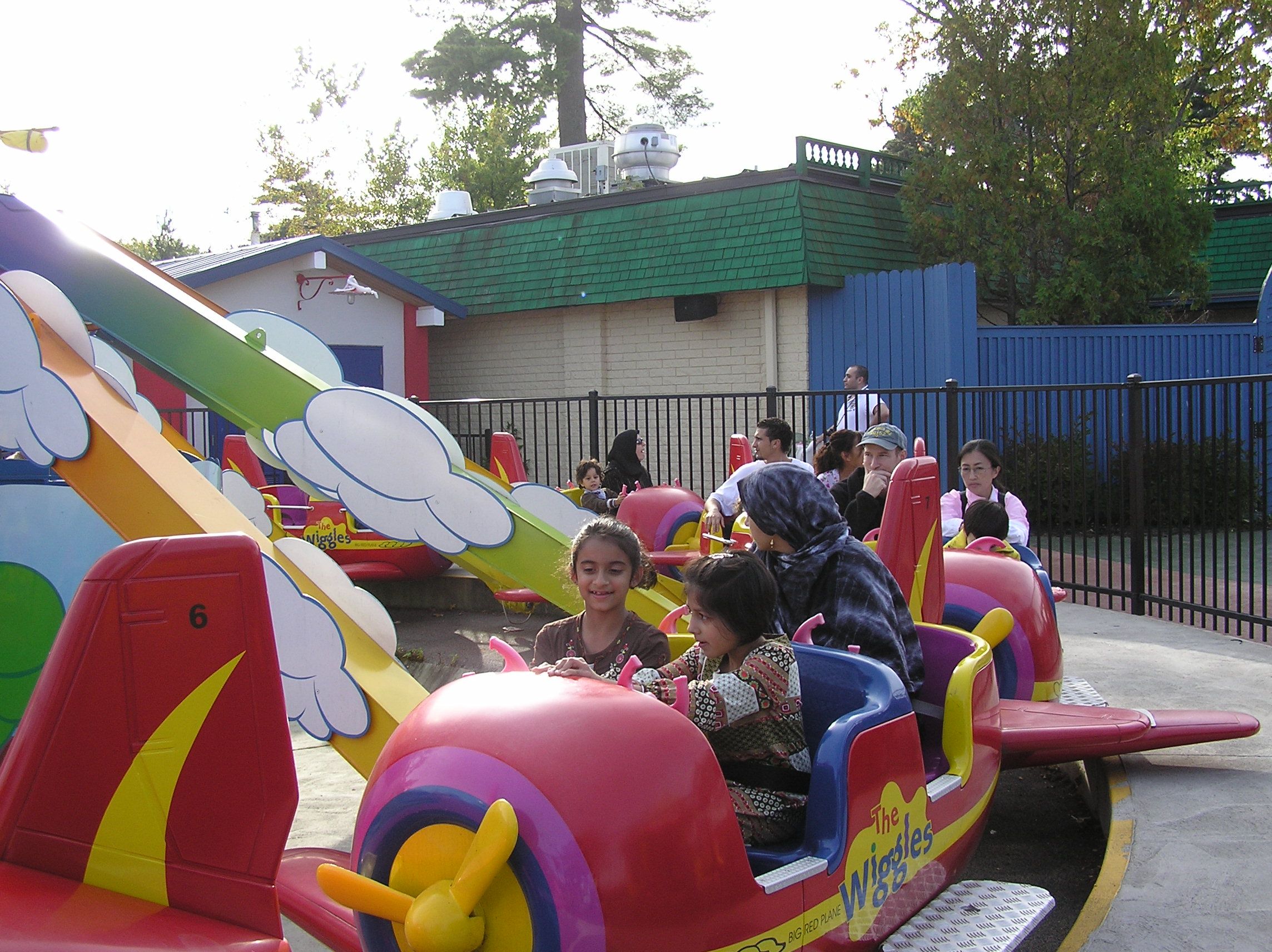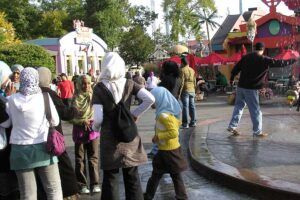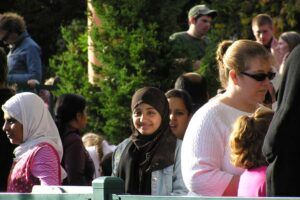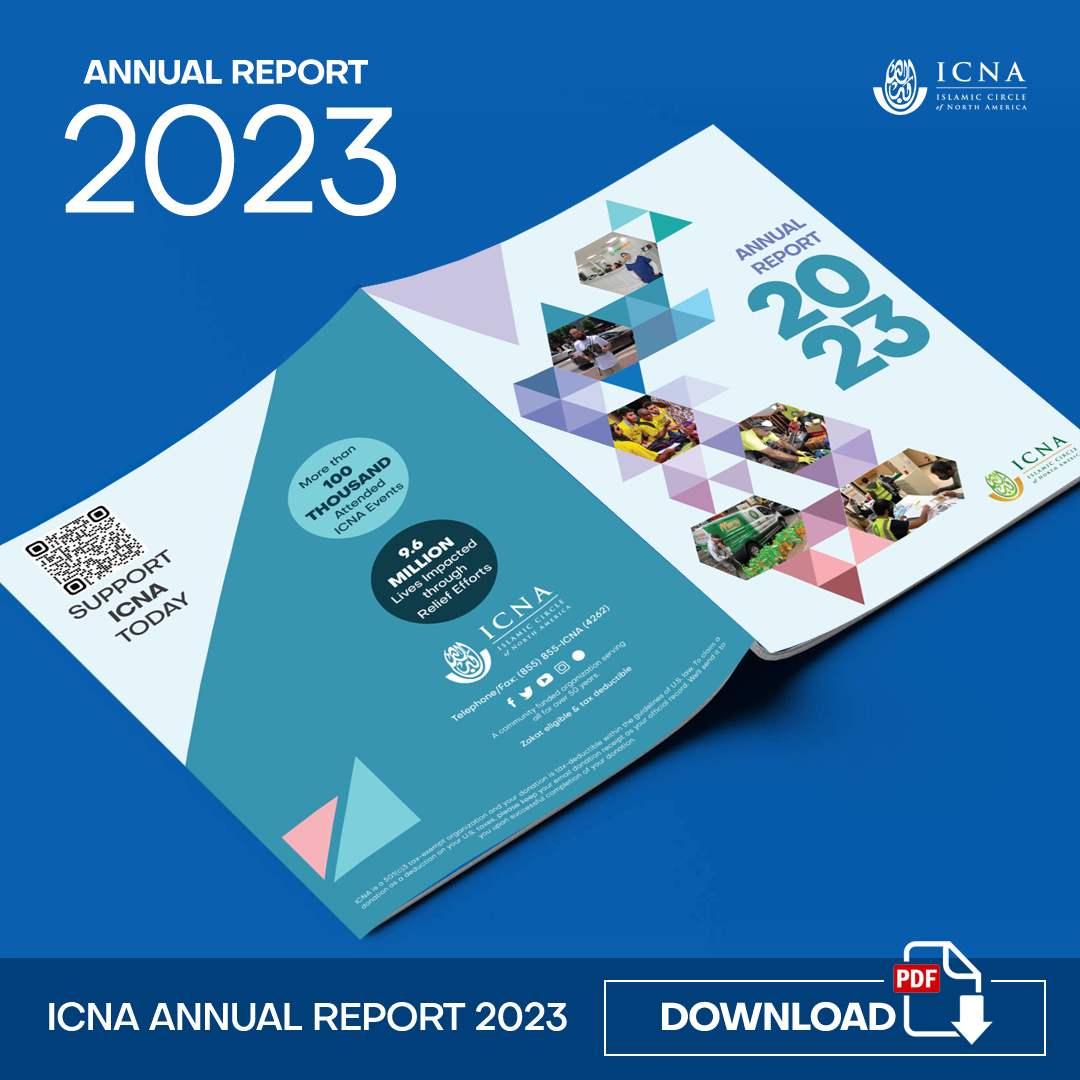
In the field of developmental psychology, researchers highlight two critical objectives in parenting. The first revolves around helping our children learn prosocial behavior — using words and actions aimed at benefiting, helping, or caring for others out of recognizing the importance of considering their feelings and experiences. This could be as simple as showing kindness through gentle, encouraging words. Being patient, actively listening to another person, helping someone who needs assistance, being charitable with one’s time, money, or other resources — all of these, and more, are prosocial behaviors. The second parenting objective, according to some researchers, is competence, which is having the knowledge, skills, and experience necessary to perform a task or achieve a goal. This article will focus on the first objective, fostering prosocial behaviors in our children.
It is important to note that Islam is a way of life, a daily practice, that develops in the believer every sort of prosocial behavior. This is expressed in individual relationships and in societal dynamics. Indeed, Islam emphasizes taking care of those in need, providing for widows and orphans, and championing social justice so that the rights of the poor and marginalized are protected and advanced.
Prophet Muhammad (s) was the embodiment of these prosocial behaviors. He also is the greatest model of healthy interpersonal relationships. He said, “The believer gets along well with others and is easy to get along with” (al-Daraqutni). He was always aware of and committed to taking care of the needs of those around him. We should try our best to teach our children to follow in the footsteps of the Prophet (s). This requires us, as parents, to facilitate the development of these prosocial characteristics as part of a general tarbiya. Tarbiya is the training of an individual to develop the physical, emotional, mental, moral, and spiritual aspects of good character and living in accordance with the deen of Islam.
Factors for Prosocial Development
As parents, we can take some steps to nurture prosocial behaviors in our children. Some of these steps are the following:
- Open displays of warmth and affection
- Positive reinforcement
- Involvement in, and active monitoring of, children’s activities
- Consistent and authoritative disciplinary approaches and actions
Implementing the above components of good parenting results in positive psychological and social adjustment in our children, as well as academic competence, high self-esteem, positive peer relations, and fewer behavior problems, according to research such as that done by Diana Baumrind et al.

Warmth and affection
Open displays of warmth and affection means expressing our love for our children, encouraging them, providing them with emotional support, and being there to take care of their needs. Warm and responsive caregivers are attentive, comforting, and engaged, providing the child with a sense of security and trust in the caregivers. This is completely in alignment with Islamic standards. One time the Prophet was delivering a khutbah. His grandson, who was very young, came into the masjid and tripped on his own clothing which trailed on the ground. The Prophet immediately stopped his talk to the congregation and picked up his grandson to comfort him. The Prophet, who was the most manly of men, did not shy away from showing his gentle side and his affection for children, even in public.
Researchers Zhou, Valiente, and Eisenberg report that parental warmth and responsiveness are associated with several positive outcomes in the child’s development, such as secure attachment, emotional regulation, social competence, and positive cognitive effect. When parents consistently display warmth and responsiveness, they provide a secure base from which the child can explore the world, seek comfort as needed, and regulate their emotions as they learn to socialize with other children and navigate the learning challenges they encounter. Parental warmth and responsiveness help shape them into emotionally and psychologically well-adjusted adults.
Positive Reinforcement
All children misbehave. Like adults, they make mistakes, but in addition to that, childhood is the time during which human beings learn the rules of the game of life. They do not come into this world knowing the rules. Positive reinforcement is a way of focusing more on their successes than their failures, highlighting their gains and accomplishments more than their mistakes. There are endless ways to reinforce good behavior — praising them, giving them a hug, allowing them a privilege like staying up later on the weekend, and so on. Punishment instills fear in the child, and for some serious breaches of behavior that is necessary. But for most childhood misbehaviors, punishment is not necessary. Positive reinforcement looks for moments that the child is behaving well so as to make that the main focus; and when the child is misbehaving, the parent seeks out ways to utilize that as a learning moment. More about discipline will be discussed below under “Consistent Disciplinary Strategies.”
Active Monitoring
The third factor in facilitating positive prosocial development is being involved and actively monitoring of your children’s activities. Studies, such as that conducted by Raboteg-Saric, have demonstrated that children who perceive themselves as well-behaved and have parents who actively participate in and supervise their daily activities are less likely to experience behavioral issues, and older youth are less prone to misuse or even consume drugs. They also found that parental involvement and supervision of the children’s day-to-day activities seemed particularly important during early adolescence. Parental monitoring encompasses the awareness and oversight of all aspects of the child’s life, including his or her friendships, school activities, the content they are viewing or engaging in online and how much time they spend in front of screens.
As mentioned, parental monitoring is especially important during the pre-teen and teen years. This includes knowing their whereabouts, their leisure time activities, and the company they keep. During the teenage years, the youth will typically push back on such monitoring. So, parents have to make it clear that they are in charge until children reach adulthood. Yet it is important that the monitoring of one’s children be done with wisdom and discretion so that it does not feel to the teen that he or she is in prison or being constantly surveilled.
Having a positive attitude and showing genuine interest in the teen’s activities is a way to be involved, demonstrating caring, interest, and understanding of them and their well-being. It also can let them know that you want to support them in whatever challenges they face. Keeping communication channels open is especially important. This will only be possible if the parent restrains himself or herself from acting impatiently, judgmentally, or disrespectfully when the teen shares something of their true feelings, their inner world, their understanding of events or experiences they have. Sharing adult wisdom requires being patient, tolerant, and compassionate. Then the teen might be better able to hear an adult perspective which might influence their own sense of things, might open their mind to ways of looking at something they might not have thought about.
Consistent Disciplinary Strategies
Everyone makes mistakes, children and adults alike. However, if we deal with the mistakes our children make in a caring and empathic way that is, at the same time, authoritative and fair-minded, this can allow them to grow and learn from their mistakes. Demeaning, hostile, or harsh reactions to childhood misbehavior or mistake can have lifelong negative impacts. When dealing with words and/or actions that need correcting, an adversarial attitude and approach cannot work. Instead, the parent must take the role of caring mentor who requires that rules be followed but does so in a mature, emotionally intelligent, and wise way.
It’s important to remember that children don’t reason the same way as adults. They actually cannot do so because their prefrontal cortex is still developing. They do not have the developed brain and the experience to make rational and productive decisions like adults can. Some parents, however, are too soft and others too harsh when limitations are crossed by the child. Yet, children thrive best in a home environment of stability, routine, and firmly established rules. So even in discipline, we must be consistent with the limits and boundaries that have been put in place so that the child knows fully what is allowed and what is beyond proper boundaries.
It is very important that as Muslim parents we do not physically, verbally, or emotionally abuse our children. Abu Sa’id al-Khudri reported that the Prophet (s) said, “Do not cause harm or reciprocate harm. Whoever harms others, Allah will harm him. Whoever is harsh with others, Allah will be harsh with him” (al-Bayhaqi). It is upon us to make sure we do not hurt anyone in any way, especially our children. Harshness is not the way of Islam. The Prophet (s) said, “Gentleness adorns everything and its absence leaves everything defective” (Al-Albaany, Saheeh Al-Jame’).
Conclusion
As parents, we should remember the importance of instilling an Islamic worldview in our children from a young age, fostering positive outcomes for them here in the dunya and in the hereafter. We have to show our love and affection to our children, positively reinforce their good behaviors, be actively involved in their lives so that we can guide and protect them, and, when necessary, discipline them in a wise and just way. If we do that, we are following the sunnah of the Prophet (s). The Qur’an reminds us, “Indeed, in the Messenger of Allah you have an excellent example for whoever has hope in Allah and the Last Day and remembers Allah often” (33:21).
We ask Allah SWT to guide us so that we can be among those who please him “and those who say, ‘Our Lord, grant us from among our spouses and offspring comfort to our eyes, and make us a leader for the righteous’” (Qur’an 25:74).





